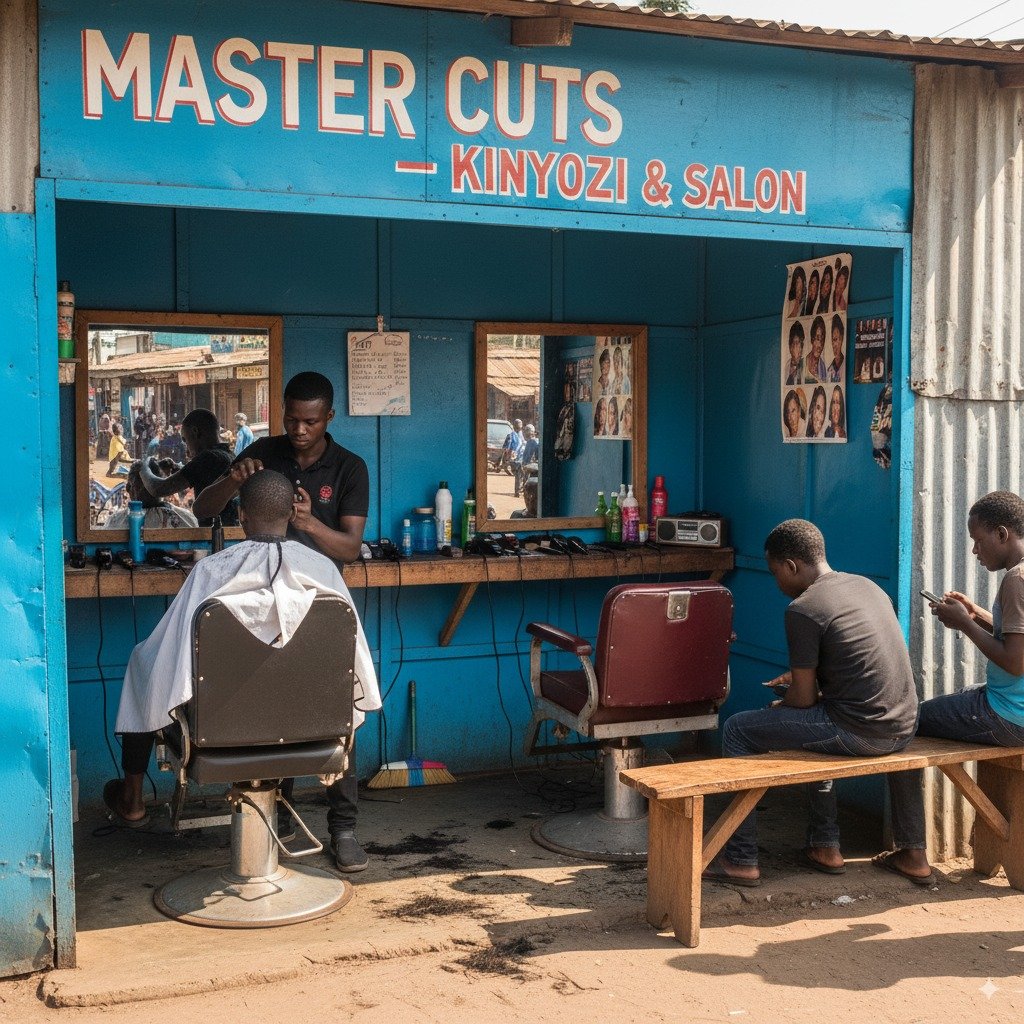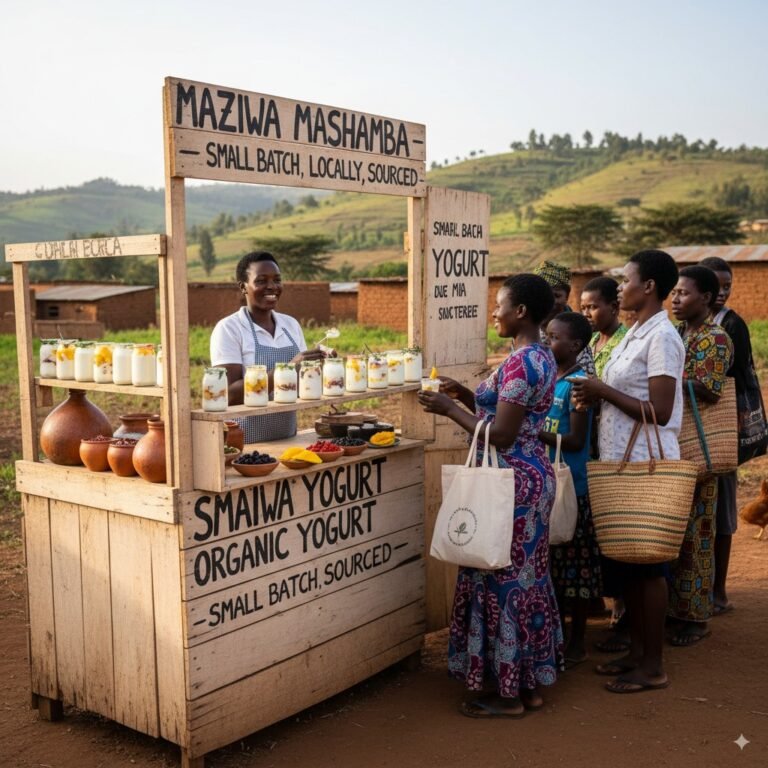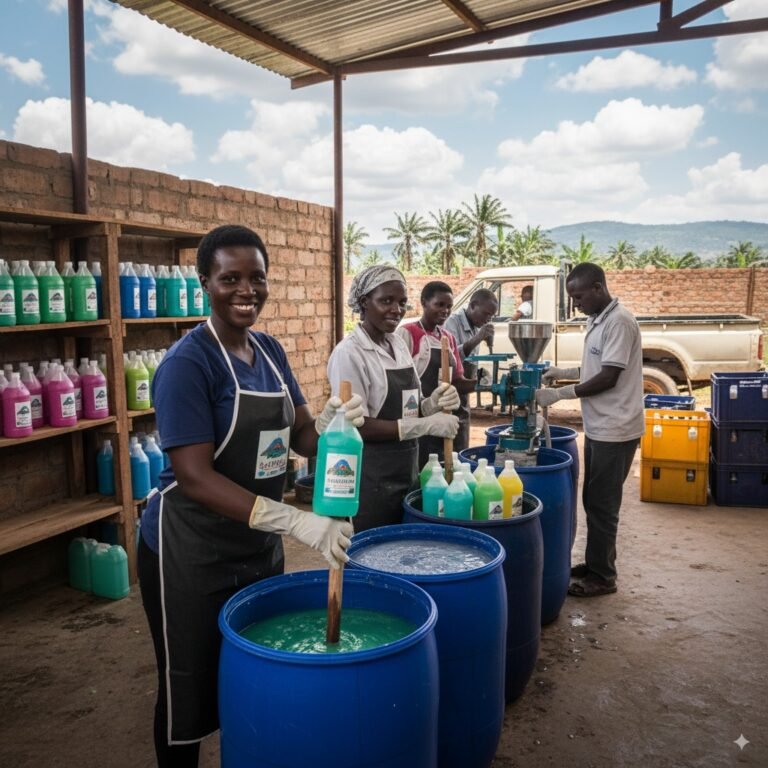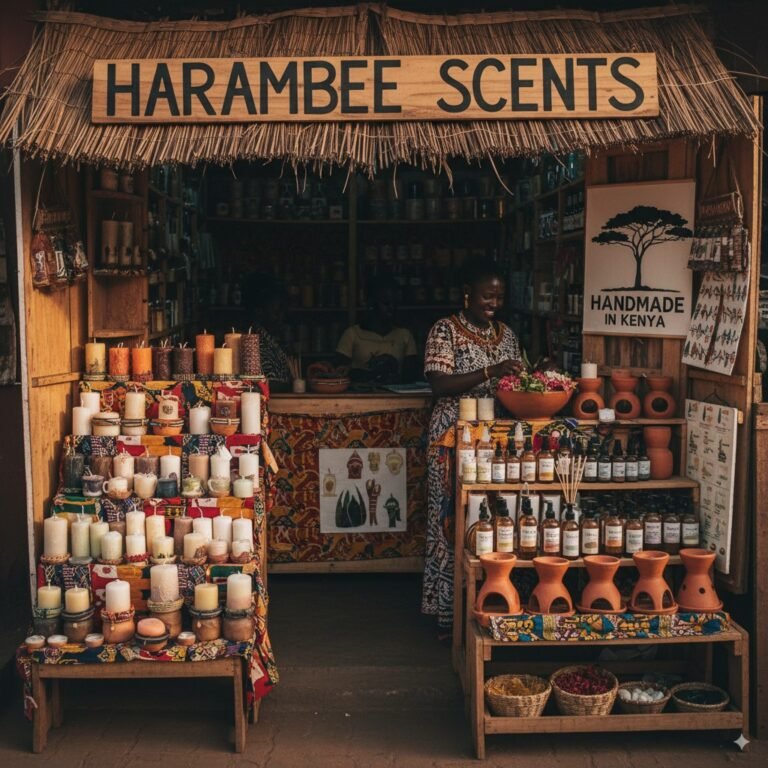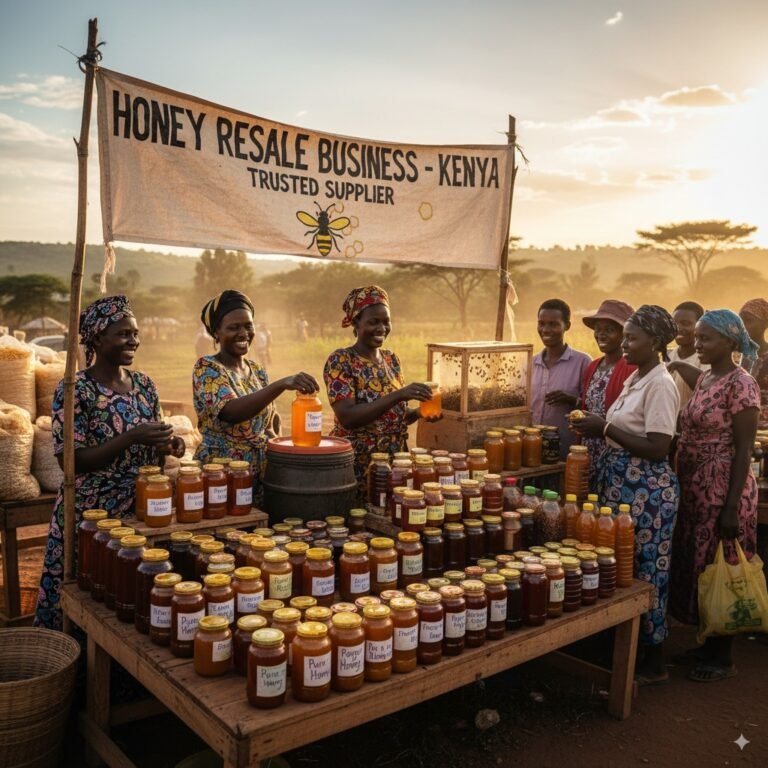How to Start a Kinyozi (Barber Shop) Business in Kenya
Introduction
The kinyozi business in Kenya is one of the most stable and profitable service-based hustles. Men and boys get haircuts every two to three weeks, and many prefer a regular barber who knows their style. With the right location, clean setup, and good customer service, a kinyozi can generate steady daily income and even expand into a full grooming and beauty shop.
Startup Costs 💰
The capital depends on whether you start a simple single-chair kinyozi or a more modern shop.
- Capital Needed: KES 15,000 – 30,000 (basic) or higher for advanced setups
- Key Expenses:
- Clippers and trimmers (KES 3,000 – 8,000)
- Barber chair (KES 5,000 – 10,000 secondhand, KES 15,000+ new)
- Mirrors and shelves (KES 2,000 – 5,000)
- Small rental space or stall (KES 3,000 – 7,000 monthly)
- Sterilizers, towels, and sprays (KES 2,000 – 5,000)
- Branding/paint and signage (KES 1,000 – 3,000)
💡 Tip: If your budget is tight, start with one chair and expand slowly as customers grow.
Why This Business Works ✅
- Regular Demand: Men need haircuts every 2–3 weeks.
- Affordable Startup: A small kinyozi can start with under KES 30,000.
- Repeat Customers: Once clients trust you, they return consistently.
- Extra Services: Shaving, beard trimming, facials, and massages increase profits.
- Scalability: Start with one chair, then grow into a multi-chair shop.
Step-by-Step Setup 🛠️
1. Find a Good Location
The best spots include:
- Residential estates with many men and school-going children.
- Near bus stages or shopping centers.
- Around schools, colleges, and universities.
2. Buy the Right Tools
Invest in good quality clippers, trimmers, scissors, and sterilizers. Cheap tools spoil fast and frustrate customers.
3. Set Up the Shop
- Install a large mirror.
- Keep chairs comfortable.
- Paint the walls brightly and ensure good lighting.
4. Offer Affordable Prices
- Standard haircut: KES 100 – 300
- Beard trim: KES 50 – 150
- Hair color, facials, or massage: KES 200 – 500
5. Build Customer Loyalty
- Be consistent in service.
- Keep hygiene high (sterilize clippers, use clean towels).
- Offer loyalty discounts (e.g., 5th haircut free).
Profit Breakdown 📊
Example:
- Standard haircut charge: KES 150.
- 20 clients daily = KES 3,000 sales.
- Daily costs (rent, electricity, supplies): ~KES 500.
- Profit = ~KES 2,500 daily.
👉 Monthly profit = KES 60,000 – 70,000 for a single-chair kinyozi.
Multi-chair setups can earn KES 100,000+ monthly.
Challenges & How to Overcome Them ⚠️
- Competition: Many barbershops exist in towns.
- Solution: Stand out with clean service, extra grooming, and good branding.
- Power Outages: Electricity cuts affect clippers.
- Solution: Invest in a backup generator or manual razors.
- Customer Retention: Men like sticking to one barber.
- Solution: Build personal relationships and consistency.
- Hygiene Concerns: Dirty equipment drives customers away.
- Solution: Always sterilize clippers and use disposable items when possible.
Tips to Grow 🚀
- Add extra services: facials, hair coloring, dreadlocks, or massages.
- Sell hair products like gel, oil, and beard care items.
- Employ extra barbers and expand into multi-chair setups.
- Use social media marketing (Instagram, TikTok) to showcase trendy cuts.
- Brand your shop with a catchy name like “Sharp Cuts Kinyozi.”
Frequently Asked Questions (FAQ) ❓
Q: How much capital do I need to start a kinyozi in Kenya?
A: With KES 15,000 – 30,000, you can start a simple single-chair kinyozi. Bigger setups require more.
Q: How profitable is a barber shop?
A: A small kinyozi earns KES 2,000 – 3,000 profit daily, while larger shops earn over KES 100,000 monthly.
Q: Where should I locate my kinyozi?
A: Near estates, schools, colleges, and bus stages where there’s steady male traffic.
Q: Do I need a license?
A: Yes. County business permits are required, and you may also need health compliance checks.
Conclusion
The kinyozi business in Kenya is a reliable hustle with steady cash flow and strong growth potential. With KES 15,000 – 30,000, you can set up a simple barber shop, attract loyal customers, and expand into a grooming center. By focusing on hygiene, consistency, and customer service, you can grow from a one-chair kinyozi into a well-branded barbershop.
👉 Explore more hustler-friendly opportunities in the Business Ideas Hub — with over 50+ small businesses you can start today.
Ch

